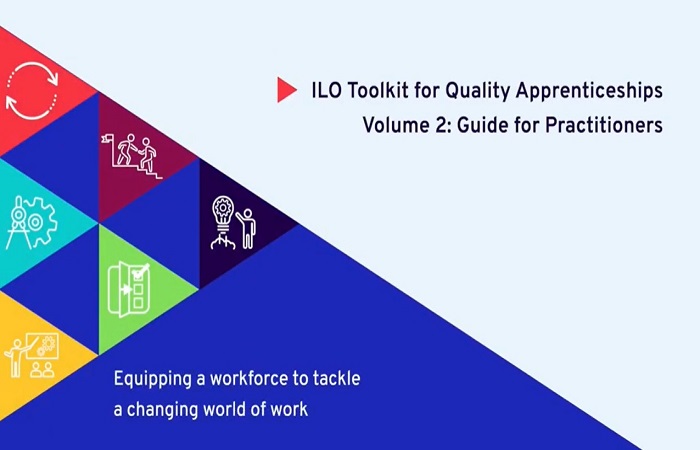Q&A: On the recently launched ILO Toolkit for Quality Apprenticeships and how it helps to promote a path to stable employment for young people
Q: Why focus on apprenticeships?
The global youth unemployment rate has risen to a global average of more than 13 per cent in the decade since the global financial crisis began in 2007, with some countries and regions significantly harder hit than others. Moreover, young people are over-represented among the unemployed, accounting for more than 35 per cent of unemployed people globally, despite representing just over 15 per cent of the world’s labour force.
Policy-makers have been searching for responses to these negative employment impacts of the crisis. While there is no one-size-fits-all solution, policy-makers at the national, regional and global levels are rediscovering, or discovering for the first time – whether at the national, regional or global level – the importance of Quality Apprenticeships. Quality Apprenticeship systems contribute to matching skills in demand in the labour market with skills acquired in education and training systems, enabling young people to transition from the world of learning to the world of work. What is more, they play a key role in enhancing youth employability through personal development and a recognized qualification. They also offer a real opportunity to experience the world of work and to start the process of building a career. Equally important, quality apprenticeships provide a system that supports skills development and the hope of better employment prospects, today and in the future.
Q: What exactly is meant by Quality Apprenticeships?
Apprenticeships come in different forms in different countries, depending on national traditions and practices. The ILO has been involved in numerous initiatives to support apprenticeship training and has promoted the concept of a Quality Apprenticeship system to emphasize the quality and relevance of training to the labour market. Such a system has the following key features:
Quality Apprenticeships are a unique form of technical vocational education and training, combining on-the-job training and off-the-job learning that enable learners from all walks of life to acquire the knowledge, skills and competencies required to carry out a specific occupation......
To continue reading the rest of this article, click on PDF below.




